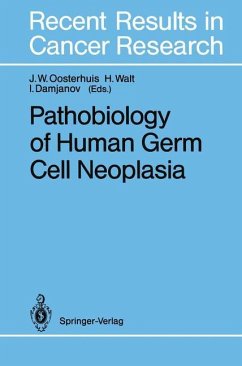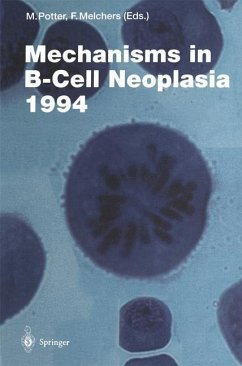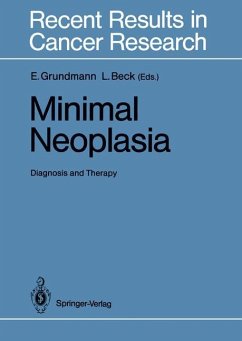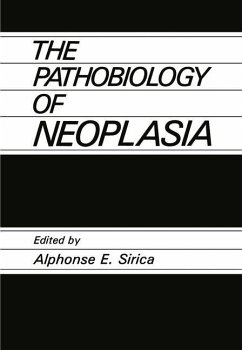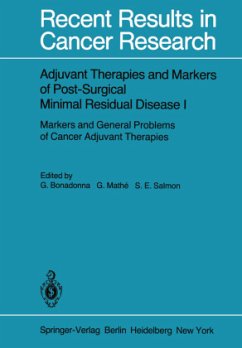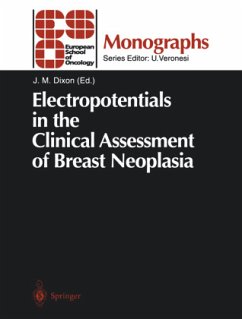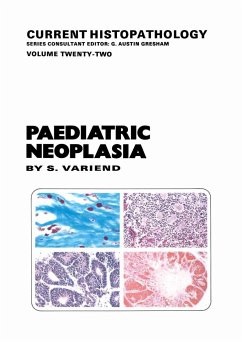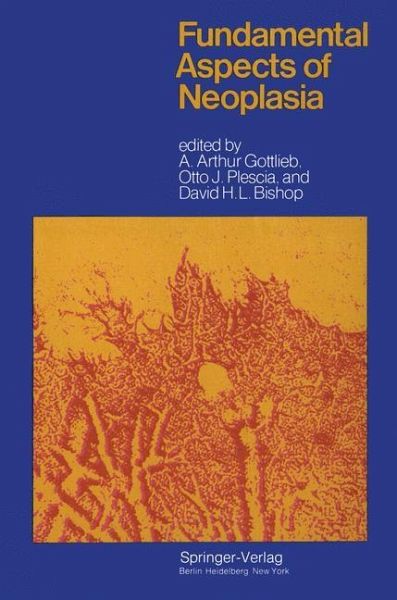
Fundamental Aspects of Neoplasia
Versandkostenfrei!
Versandfertig in 1-2 Wochen
77,99 €
inkl. MwSt.

PAYBACK Punkte
39 °P sammeln!
The control of cancer is at once a major public health problem and a problem of fundamental biologic interest. As a result of technologic developments and new insights in the realm of molecular biology, new and important approaches to an understanding of neoplasia are now possible. Several aspects of neoplasia are clearly of microbiologic interest, including the role of viruses in the etiology of cancer, control of the immune response to tumor cells, and the susceptibility of tumor-bearing hosts to overwhelming infection as a result of immuno deficiency. Recent advances in these areas led us t...
The control of cancer is at once a major public health problem and a problem of fundamental biologic interest. As a result of technologic developments and new insights in the realm of molecular biology, new and important approaches to an understanding of neoplasia are now possible. Several aspects of neoplasia are clearly of microbiologic interest, including the role of viruses in the etiology of cancer, control of the immune response to tumor cells, and the susceptibility of tumor-bearing hosts to overwhelming infection as a result of immuno deficiency. Recent advances in these areas led us to organize this symposium, and, through this publication, to record some of the progress being made in laboratories around the world in understanding some of the basic aspects of the cancer problem. This symposium was held as part of the commemoration of the twentieth anniversary of the Waksman Institute of Microbiology. Dr. Waksman's devo tion to the study of the smallest forms of life and the commitment of the Waksman Institute to the free pursuit of knowledge are the underpinnings of the institute's research eHorts in the broad area of microbiology, including the problem of neoplasia. It is of interest to note that actinomycin, one of the earliest antibiotics discovered in Waksman's laboratory, was also one of the first compounds found to be clinically useful in the treatment of certain types of cancer.





